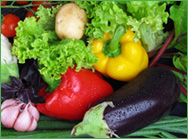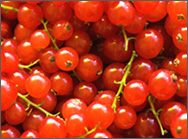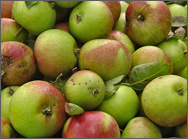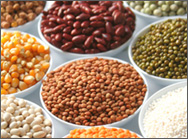A pulse is an edible seed that grows in a pod. They are a good source of protein for vegetarians and are also very nutritional for meat-eaters.
They include the full range of beans, peas and lentils, e.g. :- baked beans, broad beans, kidney beans, butter beans red, green, yellow and brown lentils black-eyed peas, garden peas, runner beans, and chickpeas.
Pulses can be used to make dips and spreads or added to soups, casseroles and meat sauces to give extra flavour and texture. This enables less meat to be used and so the meal contains less fat and is more cost effective for families who need to watch their spending.
Pulses also add starch and fibre to the meal. Fibre has many important qualities and the fibre in pulses may help lower blood cholesterol.
They also contain iron however this is not in a form that is easily absorbed.
Some seeds must be processed before eating, this is because some have protective mechanisms to help their survival, these act as deterrents to them being eaten.
Seeds and nuts sometimes have natural enzyme inhibitors; when eaten (perhaps by a bird) they pass through undigested and are dropped on the ground some distance away, wrapped in ‘fertiliser’ and able to germinate and grow. For humans these enzyme inhibitors can be poisonous.
These inhibitors are sometimes concentrated in the outer skin or bran. When chickens were fed a diet that contained unprocessed (raw) rice bran, it was found that their growth was inhibited as digestion was impaired. Sufficient soaking/cooking destroys these compounds.




